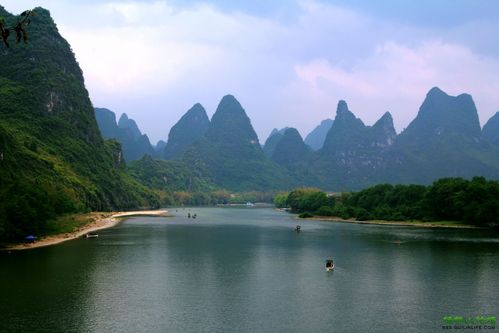The UNESCO Universal Declaration on Cultural Diversity was adopted in 2001 as a means to acknowledge and celebrate cultural diversity as a source of innovation, creativity, and enrichment for societies around the world. The declaration encourages individual and collective respect for the diversity of cultures, as well as the promotion of intercultural dialogue to foster understanding and cooperation.
Today, the UNESCO Universal Declaration on Cultural Diversity matters more than ever. In a world where nationalism and xenophobia are on the rise, it is crucial to recognize the importance of cultural diversity and invest in the preservation and promotion of different cultures.
Firstly, cultural diversity has been identified as a key driver of economic growth and development. According to UNESCO, cultural industries contribute around 3% of global GDP, employing millions of people globally. Promotion of cultural diversity and preservation of cultural heritage can, therefore, foster economic development, particularly in developing countries. Moreover, cultural industries can promote social cohesion, bringing people from different backgrounds together and fostering a sense of community.
Secondly, cultural diversity is essential for maintaining peace and stability in the world. UNESCO recognizes that cultural diversity is a means of achieving peace, as it promotes understanding and dialogue between communities. Through intercultural exchange, people can learn to appreciate the differences between cultures, reducing prejudice and discrimination.
Thirdly, recognition and promotion of cultural diversity are essential for protecting human rights and fundamental freedoms. The UNESCO Universal Declaration on Cultural Diversity calls for respect for human rights and fundamental freedoms, including the freedom of thought, expression, and information. Cultural diversity fosters creativity and innovation, allowing individuals to express themselves fully and freely.
Several case studies across the world have demonstrated the benefits of promoting cultural diversity. In Tanzania, for example, a cultural heritage park was established to promote cultural tourism and preserve the diversity of Tanzanian cultures. The park has become a significant source of income for the local community, promoting economic development and cultural preservation.
In conclusion, the UNESCO Universal Declaration on Cultural Diversity is a vital tool for promoting peace, stability, economic development, and human rights. The world must recognize and embrace the significance of cultural diversity and invest in its preservation and promotion. As individuals, we can contribute by learning about and appreciating different cultures, promoting intercultural dialogue, and supporting efforts to preserve cultural heritage.
(Note: Do you have knowledge or insights to share? Unlock new opportunities and expand your reach by joining our authors team. Click Registration to join us and share your expertise with our readers.)
Speech tips:
Please note that any statements involving politics will not be approved.
